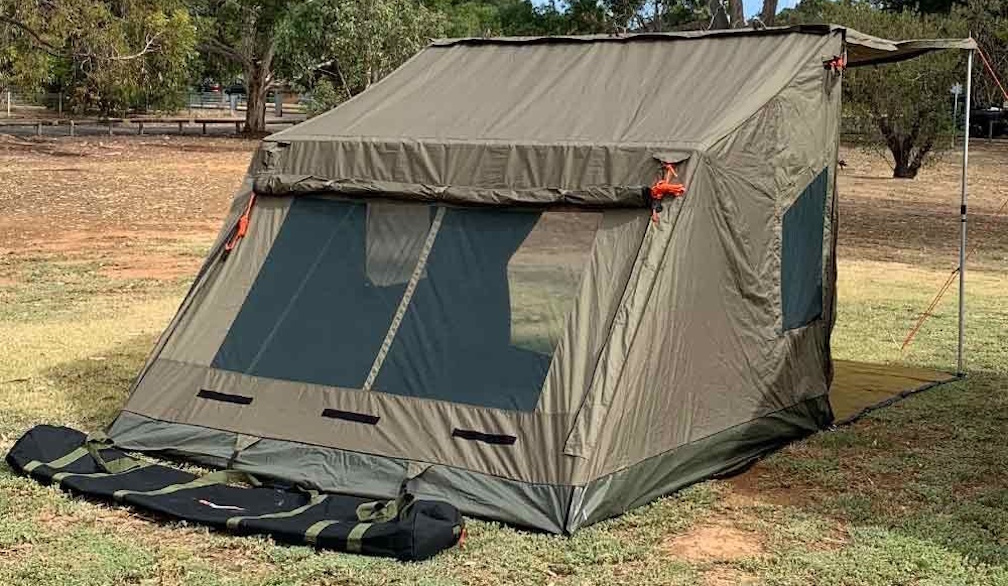Bring Life to Your Party With Balloon Bouquets
- Written by NewsServices.com

Balloon bouquets are a unique and creative way to add some fun and excitement to any occasion. Whether you’re throwing a birthday party, celebrating a wedding, or just want to make someone feel special, balloon bouquets can help create the perfect atmosphere. With their vibrant colours and cheerful shapes, these decorations bring joy to any event. Balloon bouquets can be made in almost any size or colour combination imaginable which makes them great for personalizing your celebration according to your taste. Plus with the right supplies, you can easily create your own beautiful display of balloons for an unforgettable experience.
What are Balloon Bouquets?
Balloon bouquets are a fun and creative way to decorate any room or occasion. They consist of colourful balloons arranged in a beautiful, eye-catching design that can be used to liven up any event or space. A balloon bouquet is typically composed of several helium-filled latex balloons that come in various shapes, sizes and colours, with coordinating ribbons attached. The best balloon bouquet offers are sure to add a special touch to any occasion.
Balloon bouquets are perfect for all kinds of celebrations, from birthdays to graduations and anniversaries. They can be customized with special messages written on the balloons or even include a gift like chocolates or stuffed animals tied to them as an extra surprise. Alternatively, they can also be used as decorations for weddings and other special events where you want your guests to feel extra welcome and appreciated.
When creating your own balloon bouquet there are many things you need to consider such as the size of the room you’ll be placing it in; how long you want it to last; which colours will work best for your occasion; what type of ribbon should be used; whether it should include helium-filled balloons or not; etc… You also need to choose a style that will fit the theme.
Types of Balloon Bouquets
Adding a unique and festive touch to any event or celebration, balloon bouquets are the perfect way to spruce up your space. Balloon bouquets can be used for weddings, birthdays, graduations, get-togethers and so much more. With so many types of balloon bouquets available for purchase or DIY projects, there is an option that will fit into any style and budget.
1) Air-Filled Balloon Bouquet – Air-filled balloon bouquets are a great option when you need something fast and easy! These types of balloon bouquets come with pre-inflated balloons in various colours and sizes that are attached to a weight such as an umbrella or teddy bear. This type of decoration is great for when you’re short on time yet still want something special for your celebration.
2) Latex Balloon Bouquet – For those who have more time on their hands but want something memorable, latex balloons should be considered. Latex balloons come in a variety of shapes and sizes as well as colours creating endless options to make the perfect custom-themed balloon arrangement! Foil helium-filled letters work perfectly with these types of arrangements, especially if creating it yourself is not an option!
Benefits of Balloon Bouquets
Balloon bouquets are a fun and unique way to show someone that you care. Whether it’s for a special occasion or just because, balloon bouquets can brighten up any room with their vibrant colours and cheerful designs. But did you know that there are several benefits of giving balloon bouquets as gifts? Keep reading to find out why these colourful decorations make such great presents!
First off, balloon bouquets are a great way to make an impactful statement. Whether they’re used to celebrate a birthday or anniversary, the bright colours and unique designs of balloons will surely draw attention from everyone in the room. This makes them perfect for any type of special occasion – from graduations to weddings – as well as simple gestures like saying “I love you” or “I miss you”.
Another benefit of balloon bouquets is that they can be customized with almost any design imaginable! You can choose from traditional shapes like stars and hearts, exotic animals like tigers and flamingos, special characters like Disney princesses or superheroes – the list goes on! There are even personalized options available where your loved one's name can be printed on each individual balloon.
How to Make a Balloon Bouquet
If you’re looking for a way to add a little extra flair to any event, a balloon bouquet is a perfect choice. Not only are they fun and festive, but they’re also surprisingly easy to make! With just a few basic materials, you can create an eye-catching and colourful decoration that will be sure to brighten up any room. Here’s how:
First, decide what type of balloons you want to use in your bouquet. Latex balloons come in all shapes and sizes, so it’s easy to find something that fits the theme of your event. You can also opt for more unique designs such as mylar or foil balloons if you want something special. Next, choose coordinating ribbons or curling ribbons for tying off each balloon. This will help keep everything in place when assembling the bouquet later on.
Once all of your supplies have been gathered, it’s time to assemble the bouquet! Begin by inflating each balloon with either helium or air (depending on what kind of balloon is being used). Then tie off each one with its corresponding ribbon before adding it into the mix—you may want to start with larger balloons first and then work your way down in size.
Tips for Making a Professional-Looking Balloon Bouquet
Balloons are a great way to add a festive touch to any occasion, whether it's a birthday, anniversary, or just for fun! But if you want your balloon bouquet to look truly professional, there are some tips and tricks you should keep in mind. Here are some of the best tips for making a professional-looking balloon bouquet.
- Choose the Right Balloons: The type of balloons you use will have a big impact on how your balloon bouquet looks. Latex balloons tend to be the most cost-effective and versatile choice as they come in many different colours and sizes. Foil or mylar balloons can also make an attractive addition to your display but they tend to be more expensive.
- Be Strategic with Color: When choosing colors for your balloon bouquet, think about the overall look that you're trying to achieve and choose shades that complement each other well. You can also opt for two-tone or even three-tone colour schemes depending on what kind of effect you want to create with your display.
- Group Your Balloons: For maximum visual impact, group together like coloured balloons in clusters around the base of the arrangement rather than spreading them out evenly throughout it - this will give it more depth.
Where to Buy Ready-Made Balloon Bouquets
If you’re looking to buy a ready-made balloon bouquet for a special occasion, there are plenty of places you can turn. From online vendors to local florists, here’s where to find the perfect pre-assembled bunch of balloons.
Online Vendors
The Internet is full of stores and services that offer ready-made balloon bouquets. Many sites specialize in custom orders, but some also offer pre-assembled bundles with a variety of colours and styles. You can often choose from classic arrangements like round or heart-shaped designs, as well as more unique options like stars or letters. Plus, most online stores provide delivery service so your order arrives at your door in time for the big day.
Local Florists
Most local florists offer an array of balloon bouquets that are ready to be taken home or delivered directly to the recipient’s doorstep. You can usually browse through their selection in person or visit their website for more information on pricing and availability. Florists can also customize any arrangement according to your specific requirements and preferences, such as adding extra colours or adding foil balloons into the mix for something truly special.
Conclusion
Overall, balloon bouquets are a great way to add a festive touch to any celebration. They can be tailored to any occasion and come in all shapes, sizes, and colours. Balloon bouquets also make for great decorations that can fill up an entire room or simply accentuate an existing display. They are easy to assemble and relatively inexpensive when compared to other decorations. Whether it is a birthday party or a corporate event, balloon bouquets will bring joy and cheer to all your special occasions!























